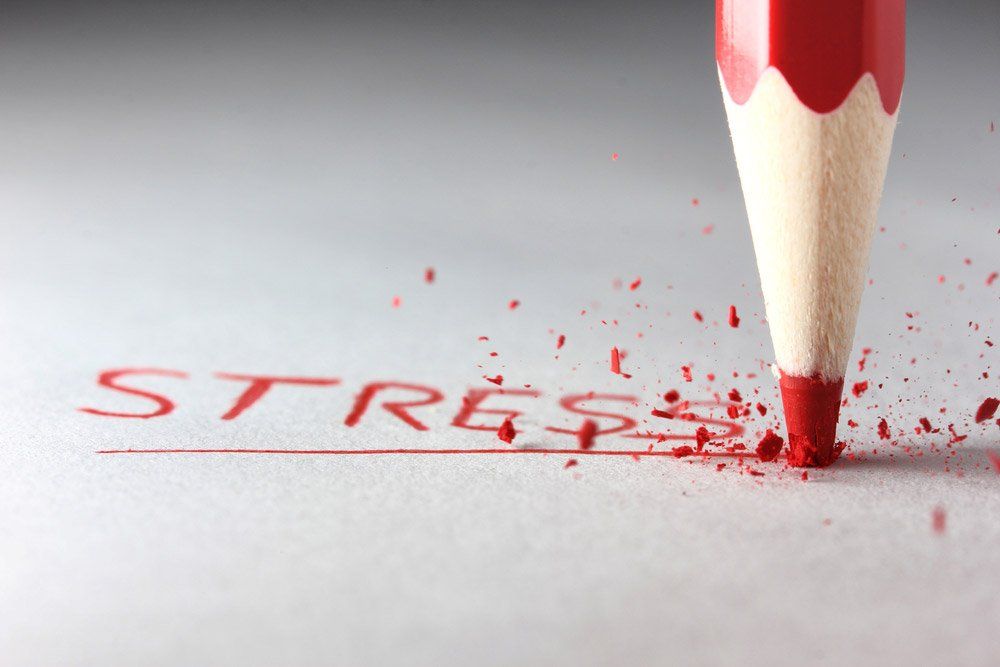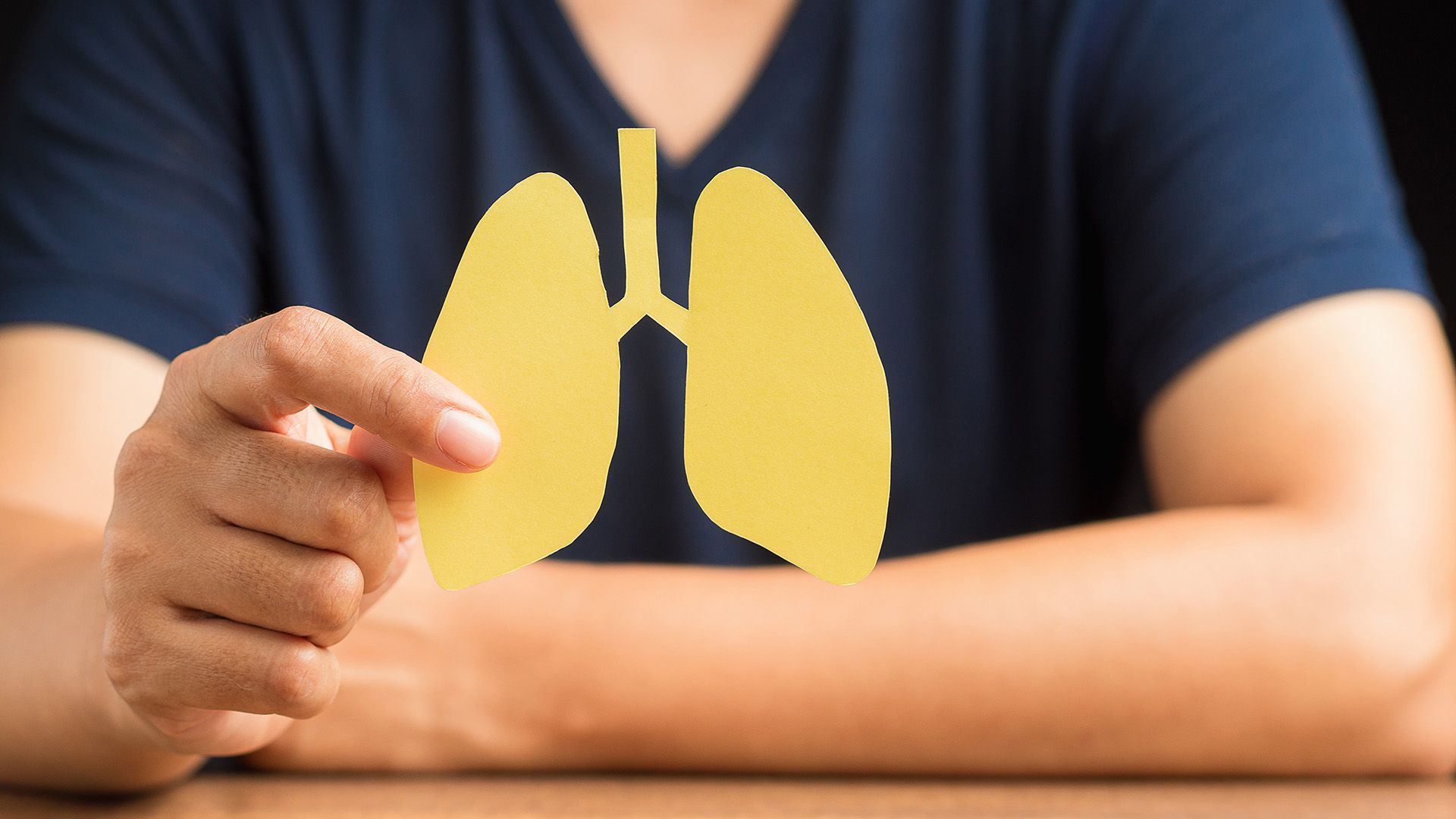Managing exam stress
Drickus Maartens • October 28, 2019
Tips for students, learners and their parents
For learners and students, not to mention their parents, exam time is usually accompanied by anxiety and stress. Whilst some stress can be beneficial in creating motivation and focus, unmanaged or high levels of stress can be counterproductive and potentially affect one’s mental well-being.
“Stress around exam time often stems not only from the work to be learned and the actual taking of the exam, but also from uncertainties about the results and possible consequences thereof,” says Megan Hosking, a social worker and psychiatric intake clinician at Akeso
psychiatric hospitals.
Each year there are tragic reports of learners taking their own lives around or after exam time, perhaps triggered by fear of failure or disappointing results. “It is devastating to think of young people feeling so pressured that they cannot see any future for themselves,” she reflects.
“Our message to anyone who feels as though stress, including exam stress, is getting the better of them, is that your well-being is the most important aspect to focus on. If you find that you are struggling to cope, help is available.”
Hosking gives the following tips for managing exam stress:
Start preparing early and make time for relaxation
According to Hosking, preparation is key to managing exam stress. “Allowing sufficient time to prepare for the exams by starting to study well in advance can be helpful as it minimises time pressures, which often add to the other stress factors around this time,” Hosking notes.
“There are many approaches to studying for exams, and it may take some time to identify which study method suits you best. Once you have found an effective study method, stick to it and put in the time required to cover all the necessary material.”
It is equally important to allow adequate time for rest and relaxation in the run up to exams.
“Making time for enjoyable activities can help you to maintain a healthier perspective. Plan your time to allow for much needed breaks, as this will help to ensure that the time spent studying is optimised.”
She says that physical activity, whether a walk outside, yoga, time in the gym, or some other form of exercise, can be extremely helpful for relieving stress.
Final exam preparations
“Going through past exam papers or practice papers can be helpful for identifying any gaps in your knowledge and understanding of a subject, and can help manage pre-exam nerves,” she adds.
“In the days leading up to the exam, make sure you know the exam times, venues, procedures and requirements, and plan so that you will arrive well before the start time to avoid unnecessary worry. Check which items you are permitted to take with you into the exam room.”
Tips for parents and caregivers
It can be distressing for parents and caregivers to see their children going through the stress associated with exams.
“Common signs of stress and anxiety include irritability, difficulty sleeping, changes in appetite and complaints about headaches, stomach aches or other physical pains. Children may also report difficulty concentrating or you may notice mood changes in your child.
“It is well worth having open conversations with your child about coping mechanisms for when they feel stressed or anxious, and this will help the child to feel supported,” Hosking advises.
“Support your child year round in their studies, encouraging them to do regular revision and to stay up to date with their work. Leading up to test or exam time, you can also help by having discussions with your child about how they are feeling, reminding them to take breaks from studying, and providing supportive advice.
“While it is understandable that parents wish to motivate their children to put their best efforts into exam preparations, putting too much emphasis on the importance of exams can cause undue anxiety. Remind your child that exams are only one part of their education and that the results are not the only thing that matters – and especially that their well-being is of paramount importance.”
Hosking says that because stress tends to be associated with a specific event, such as exams, one therefore expects stress levels to reduce when the event has passed.
“However, if stress persists, or feels unmanageable every time you are faced with tests, exams or deadlines, it is recommended that you consult a professional, such as a psychologist, to assist with developing coping mechanisms, time management skills and building resilience,” she concludes.
In the event of a psychological crisis, assistance is available 24 hours a day, seven days a week via the Akeso emergency helpline on 0861 435 787.













